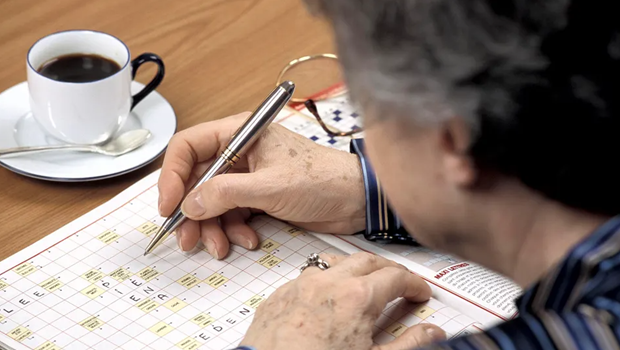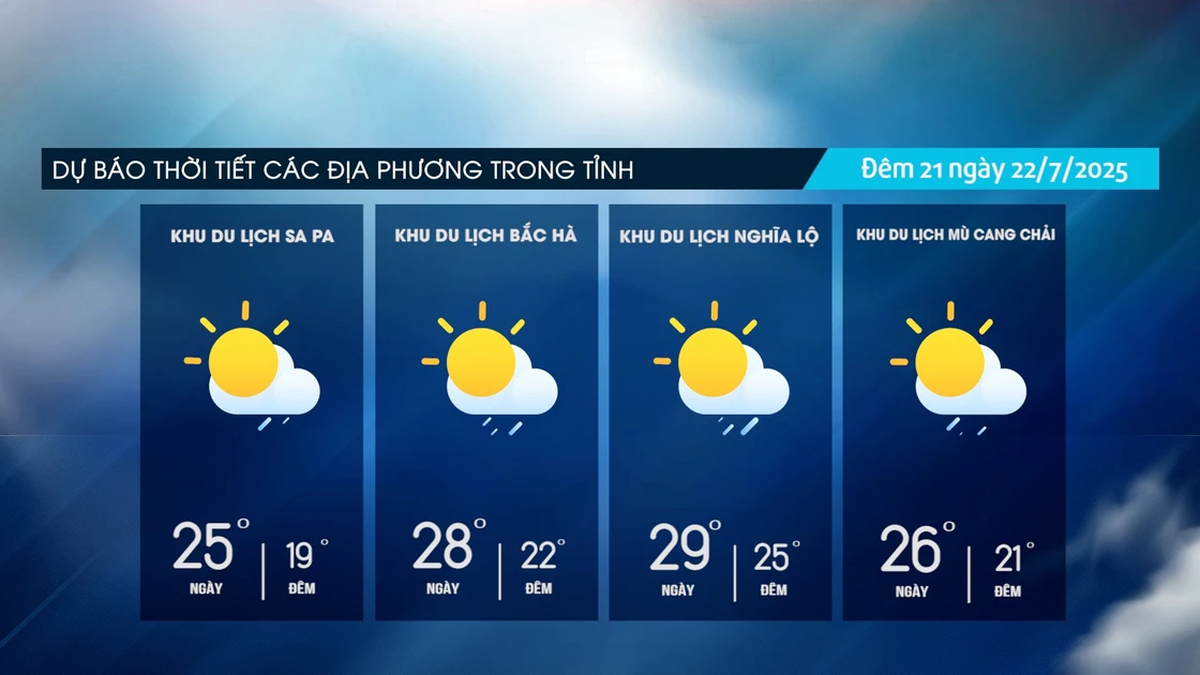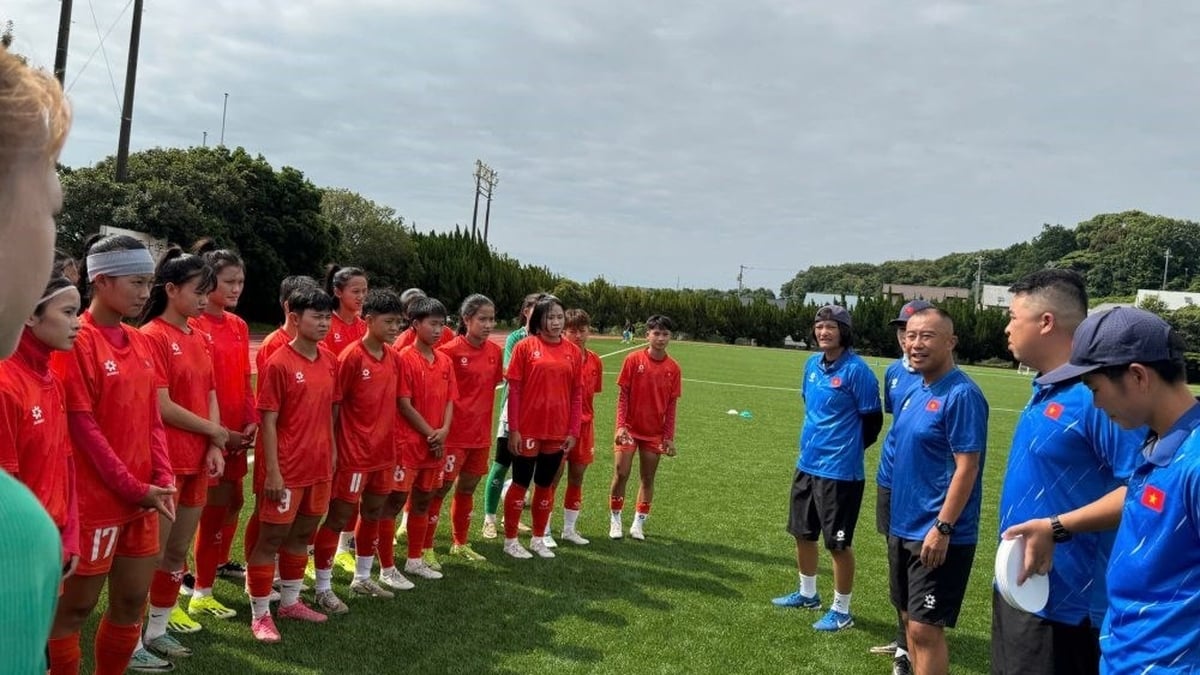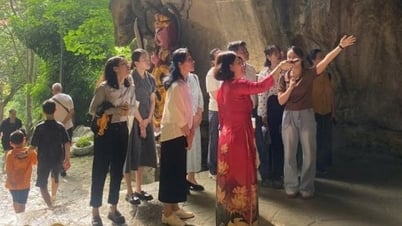Regular participation in active mental activities such as playing games, playing cards, chess and solving crosswords or puzzles... can help reduce the risk of dementia in the elderly by 9-11%.
 |
| Crossword puzzles help reduce the risk of dementia in older adults. (Source: Getty Images) |
A new study conducted by experts at Monash University (Australia) has found that certain types of cognitively stimulating leisure activities, such as playing chess and crossword puzzles, are associated with a reduced risk of dementia in older adults.
According to the work published in the journal JAMA Network Open on July 15, scientists studied the concentration levels of 10,318 people aged 70 and over in Australia.
People with suspected dementia were identified through regular interviews and examinations.
The researchers also collected information about the participants' social activities and neural stimulation as well as interactions with their social networks through questionnaires.
According to research, more frequent participation in adult literacy activities and active mental activities, such as playing games, playing cards, chess and doing crosswords or puzzles... can reduce the risk of dementia by 9-11%.
Meanwhile, creative hobbies such as crafts, knitting, painting and more passive activities such as reading reduced the risk of the disease by 7%.
Data from the World Health Organization shows that more than 55 million people worldwide currently have dementia, with about 10 million new cases diagnosed each year. The disease is more common in people aged 65 and over.
Scientist Joanne Ryan, lead author of the study and Associate Professor at Monash University, stressed that the health sector of countries needs to consider strategies to prevent or reduce the risk of dementia as one of the top priorities.
She stressed that the results of the study showed that active use of previous knowledge could play a bigger role than passive leisure activities in helping older people reduce their risk of dementia.
This expert emphasizes that keeping the brain active is extremely important./.
According to VNA
Source link
























![[Photo] National Assembly Chairman Tran Thanh Man visits Vietnamese Heroic Mother Ta Thi Tran](https://vphoto.vietnam.vn/thumb/1200x675/vietnam/resource/IMAGE/2025/7/20/765c0bd057dd44ad83ab89fe0255b783)












































































Comment (0)